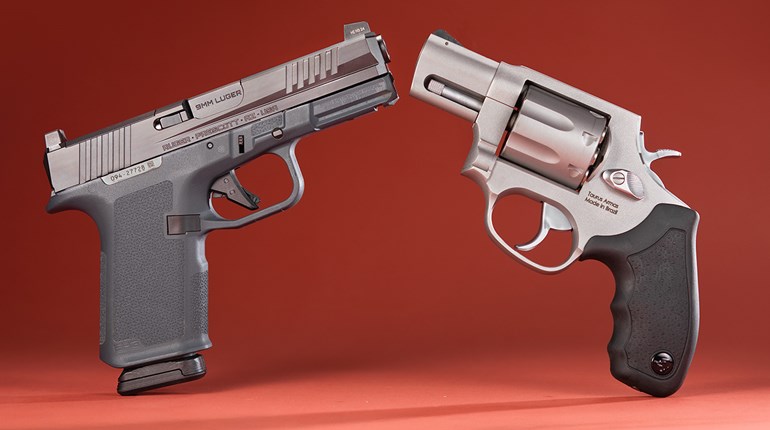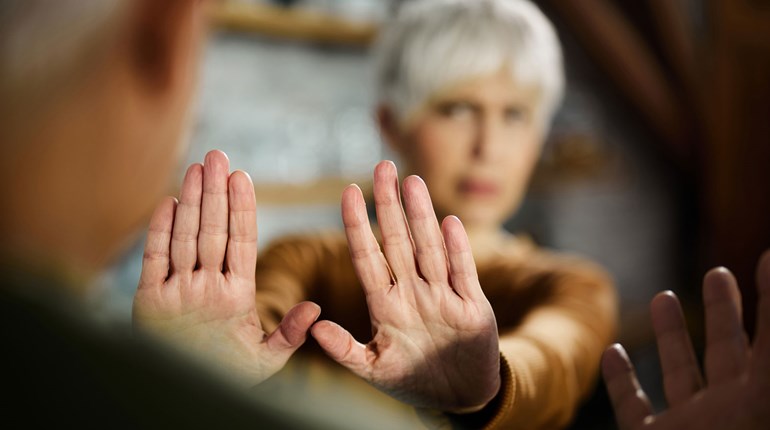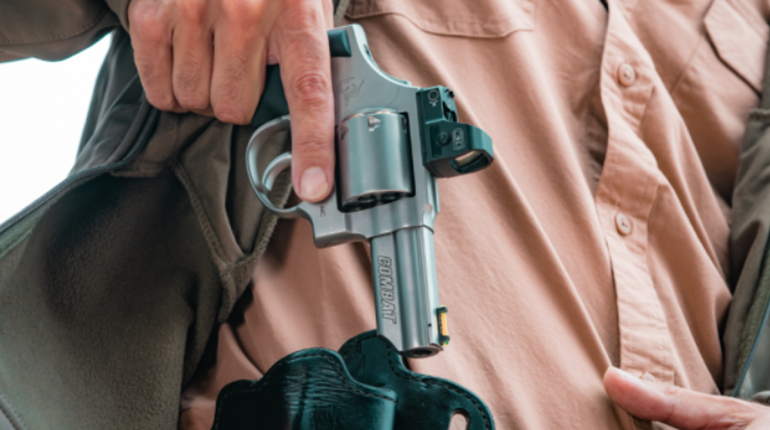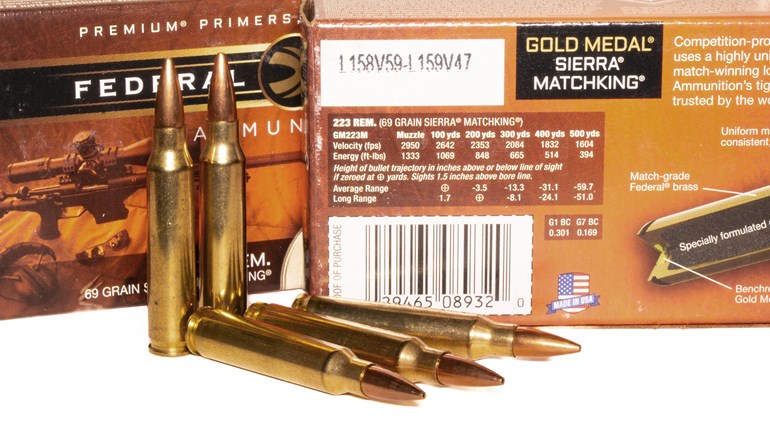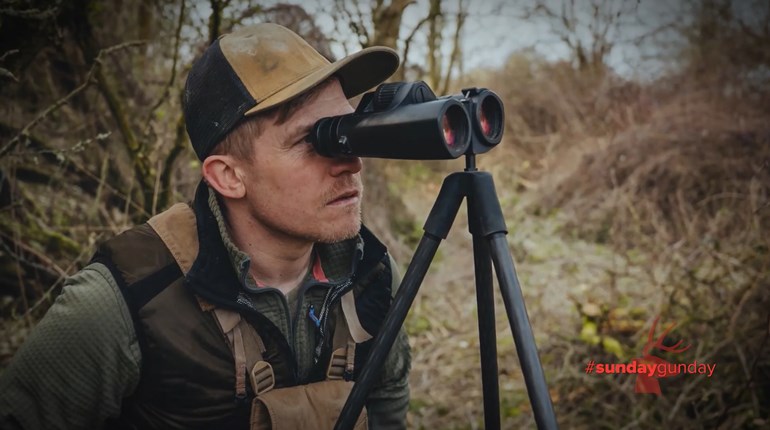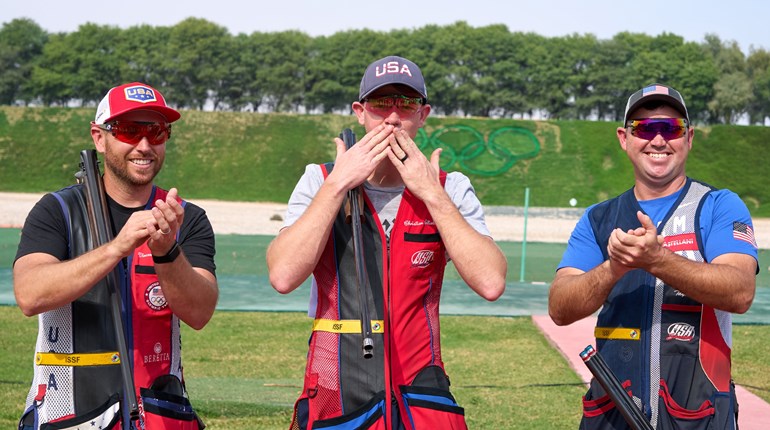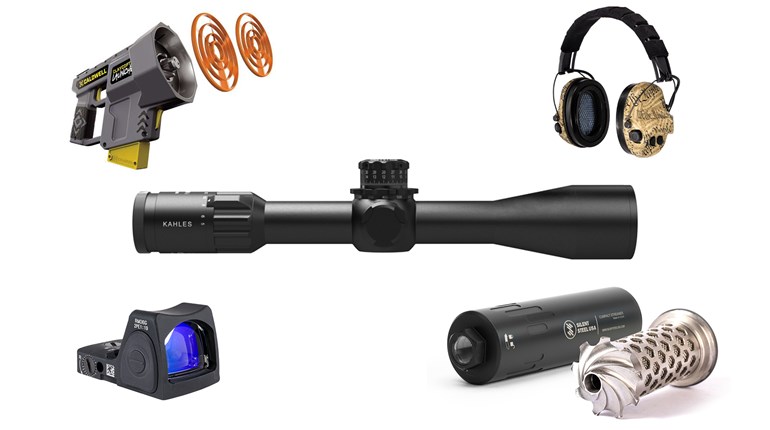
Post-shooting trauma can be defined as the emotional distress a person experiences following the use of deadly force on another human being. Some who have used deadly force will tell you it is a total fabrication designed to create sympathy for the policeman, soldier or armed citizen who must now defend his actions before an anti-gun audience. They will quickly tell you no real man ever feels anything but exhilaration over besting the enemy in combat.
Others will tell you our society puts such a stigma on taking human life, any human life, that anyone who kills another will be haunted by the experience. They will be overcome with guilt and their lives will be forever ruined.However, my own experiences and observations lead me to believe the truth lies somewhere between these two extremes. I am neither a psychiatrist nor a psychologist, but I think it is important for us to understand what can happen following a deadly encounter. With that understanding, we can begin to formulate a plan for dealing with any problems that might arise after the use of deadly force.
If you're involved in a shooting—whether you think you're suffering from post-shooting trauma or not—consulting a professional is always advisable. Any psychiatrist, psychologist or religious counselor can offer some relief from stress and depression. However, it would be even better to find someone who has actual experience in dealing with post-shooting trauma. A counselor who already works with local police agencies would be a great help. Anyone seeking religious counseling would be well-served by finding a minister who served as a chaplain in combat.
It is important to understand that any tragic or threatening experience can cause trauma in our lives. This can almost certainly be true when our lives, or the lives of our family members, are threatened to an extent requiring the use of deadly force. This trauma can take the form of depression, stress, fear, confusion and anxiety. It can manifest itself in sleep disturbance, unusual anger, sadness, alcohol abuse and drug dependence, to name just a few symptoms. If this trauma is not addressed, it can lead to alcoholism, serious marriage problems, loss of employment and even suicide.
The first step toward minimizing the effects of post-shooting trauma is to be prepared. This begins with determining if, under the necessary circumstances, you can actually take the life of another. If the answer to that question is no, then stop right there. You have no business arming yourself with a weapon of any kind. As an alternative, consider studying and practicing other self-defense techniques, but carrying a defensive handgun would definitely be a real mistake.
Once you determine that, under the proper circumstances, you are willing to deploy deadly force, it is critically important to continuously study the laws regarding self-defense in your state. It really doesn't matter what you think may be right—what really matters is what the local community, the state and the courts recognize as proper use of deadly force.
As has been mentioned before, having a plan for dealing with a criminal attack helps you see the various options available. A critical part of this strategy is developing the ability to spot a potential criminal threat and avoid it before shooting becomes necessary. A recipe for tragedy is when a person is surprised by a potential threat, panics, and uses deadly force in an unacceptable manner. The prepared citizen sees the potential threat, considers ways to avoid it and uses deadly force only when there is no other option.
Unfortunately, few people consider what is actually going to happen in the aftermath of a defensive shooting. No matter how justified, the shooter is most likely going to be put face-down on the ground by police officers. He is going to be disarmed, handcuffed and placed in jail—and none too gently. He is going to face some strenuous questioning and interrogation. And he is going to have to come up with some serious money to hire a bail bondsman and an attorney. Then there's the gossip, strange looks and insensitive questions from his neighbors and co-workers. Coming face-to-face with this reality alone can certainly cause post-shooting trauma.
In my view, post-shooting trauma can be greatly minimized by serious self-evaluation, continued study of the law and planning, as well as continual practice of the shooting skills necessary to bolster one's ability and confidence.
In the aftermath of a shooting, it is important to have serious discussions with one's spouse and/or close personal friends. They can be a big help in spotting the symptoms of post-shooting trauma and helping a person bring his life back to some sort of normalcy. Often, when trauma symptoms manifest, informed friends and family can help a person through the hard times.
Self-discipline and self-control are also critical factors in dealing with the aftermath of a shooting. This is no time to start drinking heavily and spending evenings out with the boys. It's not the time to stop smoking, either. It is, however, a pretty good time to get a moderate exercise program going. Exercise will often reduce stress and its physical effects. Ultimately, it is a time to surround yourself with family and friends and to make a concerted effort to get your life back to normal.
There are only two ways to make a mistake in dealing with post-shooting trauma. One is to say that it can't possibly happen to me—I'm entirely too tough (move over, John Wayne!). And the other is to be positive it is going to destroy your life. Neither will probably be the case, nor do they have to be.
The armed citizen should be prepared. He should know his enemy and have a plan for dealing with him. And, he should realize that post-shooting trauma can be as much of an enemy as the armed robber. Be prepared and have a plan of action. It's the healthy thing to do.












